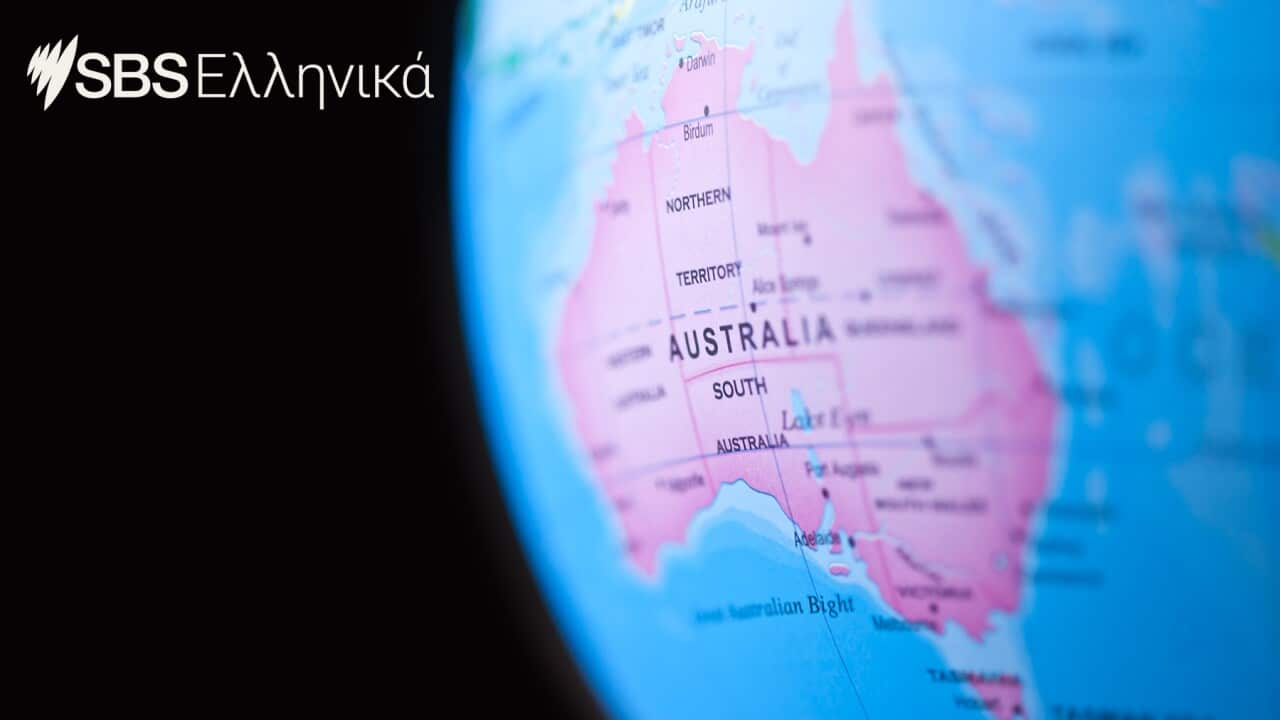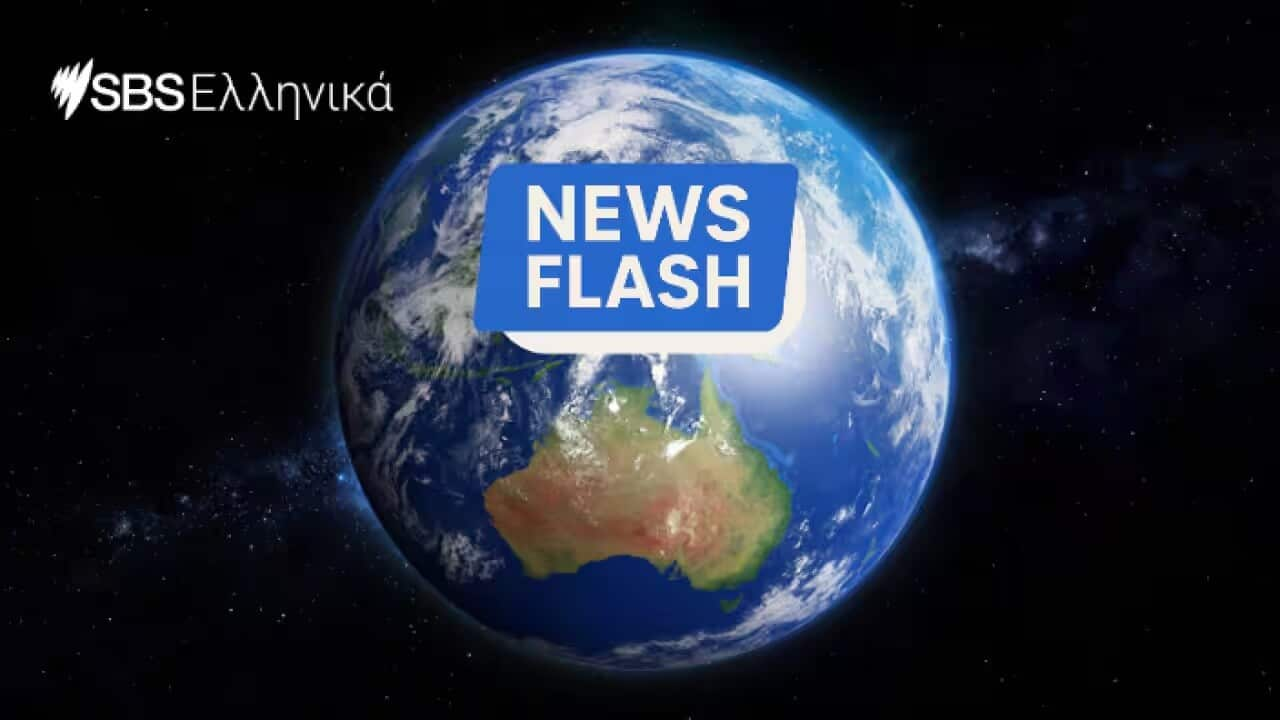Mr. Sitilides emphasized the fact that “various factors have changed” in Greece, Europe, and the United States.
“It’s not just a change of direction in Washington. I think what happened is, first of all—and I give credit to the Mitsotakis government—that they have realized that, given Greece’s geopolitical role in the Eastern Mediterranean and in Central and Eastern Europe, the country has a unique opportunity to connect vital energy supplies.
“At the moment, we are talking about natural gas, possibly even oil, but for now, natural gas, deep into the heart of Central and Eastern Europe, helping these countries deal with previous, current, and potentially future interruptions in the supply of Russian oil and natural gas.
Mr. Sitilides was also asked about the renewed U.S. interest in participating in the cooperation framework between Greece, Cyprus, and Israel, and whether this could signal a new American stance toward the EastMed pipeline.
“I think it is too early to tell. The EastMed project was based on the creation of an extremely difficult pipeline. And we are speaking purely about technology and engineering, not politics. The original idea of the Israel–Cyprus–Greece pipeline was that there would be a pipeline along the seabed of the Eastern Mediterranean, which:
A) historically is particularly prone to earthquakes,
B) in certain sections, especially between western Cyprus and Rhodes, south of Kastellorizo, has very deep chasms that complicate the long-term stability of a pipeline.
“My view has always been: keep the politicians out. If private companies, through engineers and technicians, can design or construct a pipeline that can withstand earthquakes and the extreme pressures of the seabed, then let them build it.
Regarding the question of whether the U.S. is preparing to lead an initiative to conduct negotiations between Greece, Turkey, and other countries concerning energy resources in the Eastern Mediterranean, Mr. Sitilides replied:
“We have seen several reports without documentation—and I cannot stress enough, without documentation. We have no idea if anything is indeed underway.
“From my perspective, at this moment it would be extremely difficult—and probably not a priority for the Trump administration—to bring together Greece, Turkey, Egypt, and Libya for EEZ delimitation.
Finally, he was asked about the observation made by many experts in Greece and Cyprus regarding President Trump’s approach to achieving peace in the war in Ukraine. The observation is that the invading country, Russia, is being rewarded for its aggression. Does this mean that Turkey might likewise be rewarded for its invasion of Cyprus if similar negotiations take place?
“It is indeed perplexing here in Washington for those of us who want to help achieve a fair, democratic, and sustainable solution to the Cyprus issue, as well as an end to the war in Ukraine.
“There are similarities, and we have especially stressed to the EU that it is hypocritical to talk about ‘sacred ideals of sovereignty’ for Ukraine when Cyprus, an EU member since 2004, remains occupied and divided due to the illegal Turkish invasion of 1974. To emphasize: since 2004, the EU has had as a member a country—Cyprus—that remains under military occupation.
Regarding the Russia–Ukraine war, he stated:
“This is not about ‘rewarding Russia.’ The issue is that Ukraine is being destroyed daily as a state.
“I ask those who demand continuation of the war: What is the roadmap? What is the endgame? How will Ukraine defeat a superpower with vastly superior military capabilities?
“It is a tragic situation, but this is how international relations operate. Unfortunately, morality has little to do with who wins and who loses.
“There is rhetoric, and there is reality.
The reality is that Ukraine is in an extremely difficult position, with very limited negotiating power,” Mr. Sitilides concluded.
Mr. Sitilides, also spoke about the ambitious IMEC project




